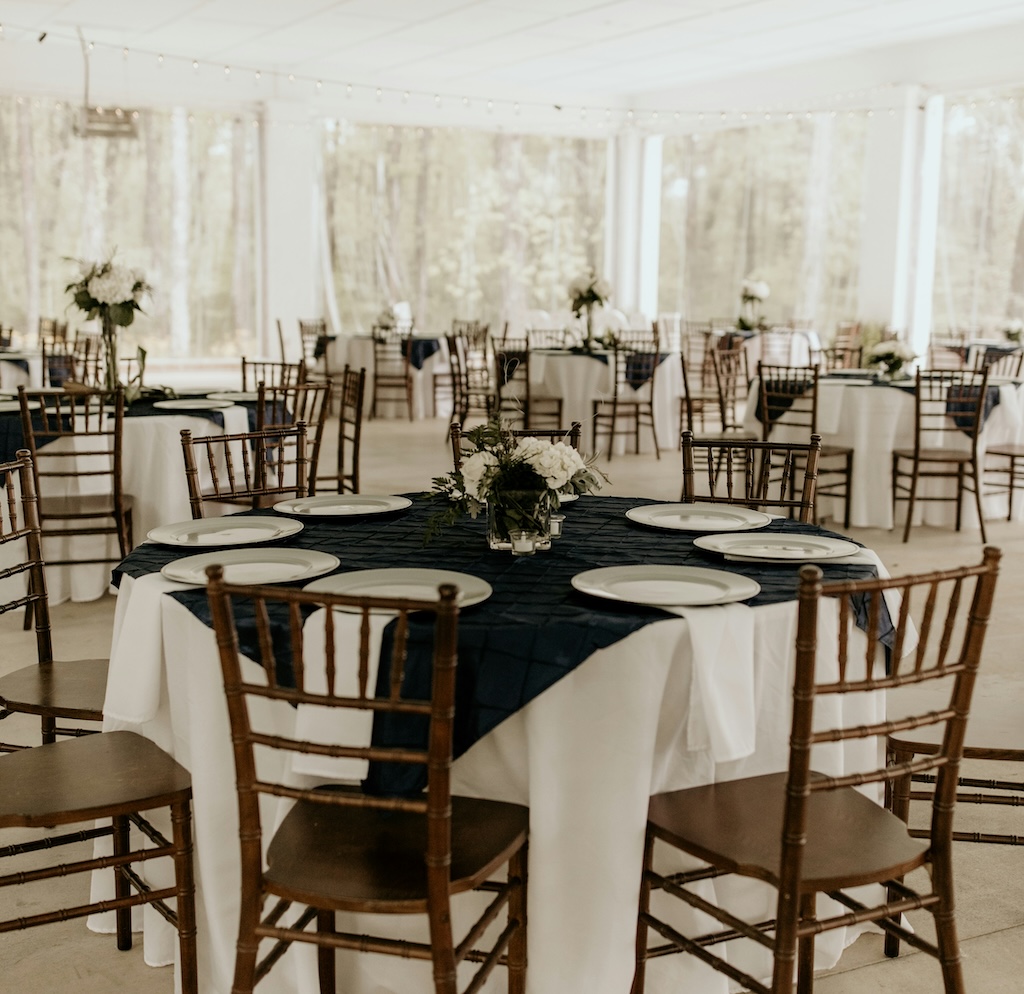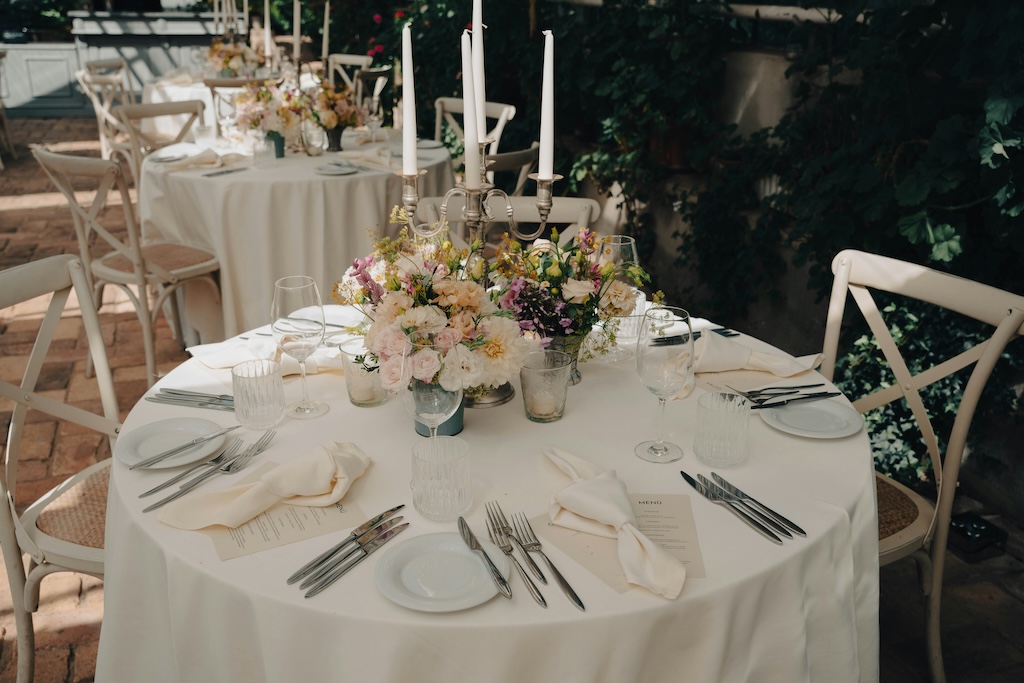Ever dreamt of that perfect live music experience? There you are, letting the music wash over you as you sway to the beat. But there’s an important decision to make before the band takes the stage: an outdoor spectacle or an inside venue? Choosing the right venue for a live music event is crucial.
Let’s now explore the advantages and drawbacks of each location to assist you in selecting the ideal location for your upcoming musical endeavour.
Selecting the Ideal Venue: Why Location Is Important
Imagine this: You’re planning a romantic proposal. You want the moment to be intimate and unforgettable.
Scenario 1: Indoor Venue
Venue: A cozy jazz bar with soft lighting and plush armchairs.
Music: A talented violinist plays a selection of classic love songs.
Experience: The gentle melody fills the air, creating a romantic ambiance. You can easily hold a conversation with your partner, and the intimate setting allows for a more personal proposal.
Scenario 2: Outdoor Venue
Venue: A bustling outdoor music festival with thousands of people.
Music: A heavy metal band playing a high-energy set.
Experience: The loud music makes conversation nearly impossible. The crowded space makes it difficult to find a private moment. While the atmosphere is exciting, it’s not ideal for a romantic proposal.
See the difference? Choosing the venues for live music changes the entire experience. In this case, the intimate jazz bar provides the perfect setting for a romantic proposal, whereas the outdoor music festival wouldn’t be ideal. Same music genre (love songs!) but completely different vibes due to the venue!
Indoor Venues
First, let’s go over the advantages and disadvantages of indoor venues:
Pros
- Managed Atmosphere
Indoor venues provide a regulated atmosphere in which weather, temperature, and lighting may all be accurately controlled. Rain or shine, hot weather or cool evenings, you can be confident that your live performing artists and guests will be comfortable. It is possible to precisely regulate the lighting and temperature, making the experience constant and pleasurable for everybody. This is particularly important for occasions where fine details are important, such as a formal business conference or a concert of classical music.
- Improved Sound Quality
Indoor venues offer better sound quality since they are generally constructed with acoustics in mind. Another significant benefit of indoor venues is improved sound quality. Enclosed facilities such as theatres and music halls are designed with acoustics in mind, which reduces unwanted echoes and background noise. As a result, the music will sound exactly as the artist intended when it reaches your ears, thanks to improved sound confinement and amplification. The sound quality will be clear and sharp, whether it’s a rock band playing loudly or a piano playing soft notes.
- Personal Setting
Lastly, indoor spaces may foster a more intimate atmosphere, especially for smaller groups. A roof and walls provide a sense of closeness and connection between the audience and the artists. Picture yourself a few feet away from a great saxophonist who is enthralling the audience in a jazz bar. Being that close may enhance the whole experience and give you a sense of being a part of the music.

Cons
- Limited Space
Even while it might be pleasant, interior spaces sometimes lack natural light. There may be two sides to this. On the one hand, it may make the space feel cozier. However, it may seem claustrophobic for larger gatherings or events that call for vast stages and complex arrangements. This may be an issue for a wedding with a big dance floor or a music festival with several bands.
- Expense Increases
When it comes to venue rentals, indoor spaces are frequently more expensive than outdoor ones. This is because the upkeep of the area involves extra expenses for things like manpower, utilities, and climate control. In addition, security, catering, and other expenses may apply depending on the location.
- Possible Limitations on Noise
Not every piece of music is meant to be heard at deafening volumes. Strict noise restrictions apply to many indoor events, particularly those situated in residential neighbourhoods. These rules may restrict the volume and duration of the music, which may dampen the excitement of late-night parties or high-energy performances.
Outdoor Venues
Now, it’s time to go over the pros and cons of outdoor venues.
Pros
- Natural Ambiance
Indoor areas are unable to match the natural feel that outdoor venues provide. Imagine exchanging vows at a beach wedding while the soft sound of the ocean whispers in your ears, or dancing to the music beneath a starry sky at a summer concert. These organic components have the power to make your event genuinely exceptional and memorable. Let’s say ONQ Entertainment is providing a funky live band for a vibrant outdoor festival. The spacious venue allows for a large, energetic crowd to groove under the sun.
- Adaptable Area
One of the distinguishing features of outdoor venues is their expansive areas. This leads to flexible spaces that can hold larger gatherings or more ornate stage designs with ease. Outdoor venues provide the freedom to create the ideal atmosphere for your concept, whether it’s a business event with a large dance floor or a sweeping music festival with many stages.
- Special Environment
Special surroundings that become an extension of the event itself can be found at outdoor sites. A beautiful vineyard is a gorgeous background for a wedding, while a historic amphitheatre lends a sense of grandeur to a performance. These distinctive locations may enhance your event and leave your attendees with priceless memories.
Cons
- Weather Dependency
There is a catch to the outdoors’ appeal: reliance on the weather. Outside activities are vulnerable to the weather, in contrast to interior settings that are regulated. There’s always a chance that Mother Nature may steal the show, even with backup plans like tents or covered stages that can help minimize certain weather worries.
- Acoustic Challenges
Outdoor venues have certain acoustic issues due to their expansive areas. Inside spaces, walls, and a roof aid in directing and containing sound, but outdoor settings can cause echoing and sound dispersion. This can make it difficult to achieve optimal sound quality, especially for genres that rely on precise instrumentation. Furthermore, outside noise from adjacent activities or traffic might impede your ability to listen. Though it may take more time and money, these problems may be addressed with careful sound system design and thoughtful speaker placement.
- Permit Needs
If your event is being held outside, you may need to get several licences based on the location and size of the gathering. These can include licences for alcohol and noise abatement, as well as permissions to use particular public areas or mobile bathrooms. Obtaining these permits requires overcoming several bureaucratic obstacles, which might take time. When organizing your event, it’s critical to consider permit requirements and make sure you have enough time to obtain the required permissions.

Choosing the Right Venue for Live Music
- Determine the Preferences of the Audience: Recognize the tastes and needs of your audience while selecting a location so that it will improve their experience. A massive outdoor festival would be a better place for a rock live band performance than an intimate jazz night in an enclosed space with comfortable seats.
- Think About the Timing and Type of Event: To guarantee a flawless event, match the location with the nature and time of the event. While a nighttime dance party with a DJ might do well in a club, an afternoon garden party with
- Aspects of Logistics: Consider technical demands (lighting, sound equipment), accessibility (parking, public transportation), and any unique requirements for your event. Verify that the power supply and audio equipment your band will need are available at the location you have selected.
Getting Your Venue Ready for the Show
Indoor Venue:
- Sound and Light Extraordinary: Make sure the music fills the entire space by collaborating with a qualified sound engineer. Remember to consider the lighting! An appropriate lighting arrangement may improve the mood.
- Ambiance Master: Establish a mood that goes well with the music and the overall ambiance of your event with anything from themed décor to cozy seating.
Outdoor Venue:
- Weather Warrior: In case the weather chooses to spoil the celebration, always have a fallback plan. Rain ponchos, covered stages, and tents can all come in handy.
- Acoustic Advantage: The problems associated with outdoor acoustics can be reduced with the strategic placement of speakers and soundproofing materials.
- Comfort of the Guest is King: To guarantee your customers have a comfortable stay, provide sitting options, shade, and easily accessible bathrooms.
Weighing the benefits and drawbacks of each choice can help you decide between an indoor and outdoor location for your live music event. You may choose the ideal location to create an unforgettable experience by taking into account elements like audience preferences, the nature of the event, and logistical requirements.
Thorough planning and preparation are essential to guarantee the success of any event, be it a lively outdoor festival or a small-scale interior concert. ONQ Live provides a variety of live entertainment choices that can be customized to fit any setting and event, making sure that everyone has an amazing time.
